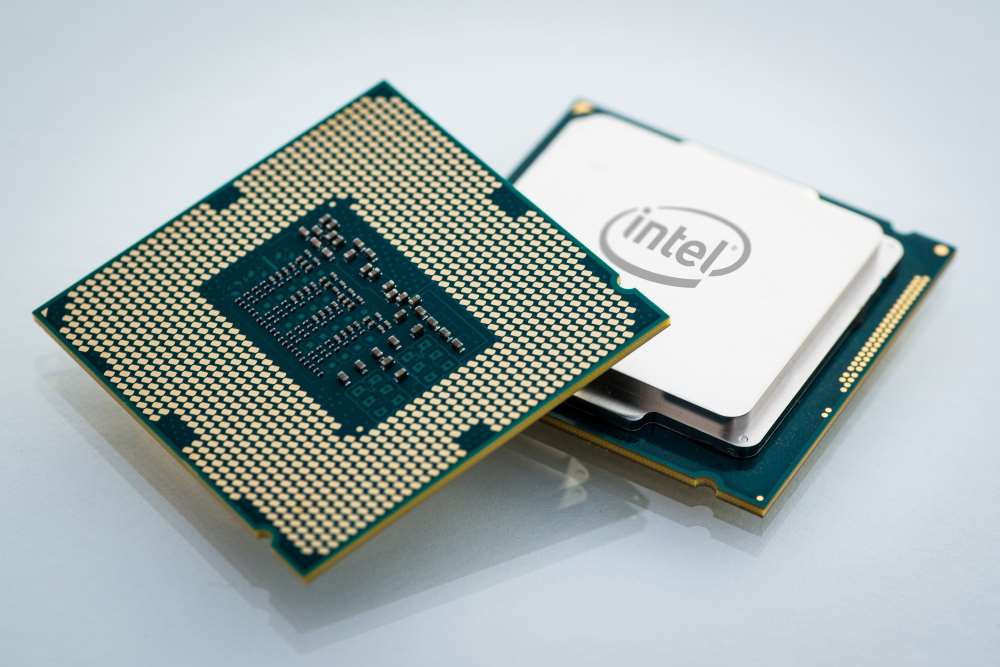
Intel aims to reinvent the desktop
We're used to reading reports that the PC is dying, but chip maker Intel has used the Game Developers Conference in San Francisco to reveal a roadmap for the reinvention of the desktop.
Intel sees enthusiast users as some of the most important supporters of desktop computing, and new form factors including mini PCs and all-in-ones driving renewed interest in the sector.
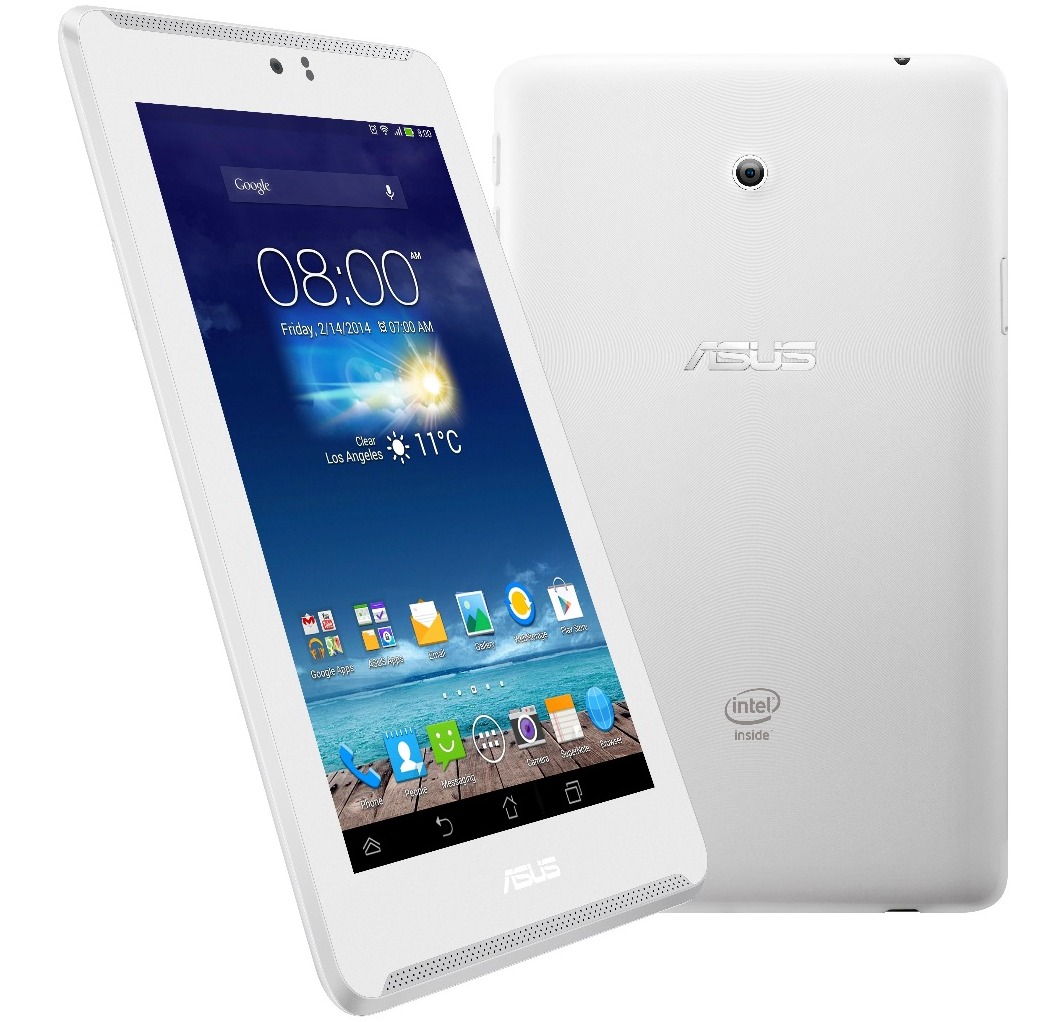
ASUS announces two Fonepad 7 Android tablets, with cellular connectivity on board
Tech companies are taking advantage of the MWC conference, held in Barcelona, to showcase their latest products. So far, we covered the announcements of Nokia's X Android smartphone series, Sony's Xperia Z2 smartphone and slate, and a couple of 64-bit mobile processors, that are aimed at Android devices, from Intel and Qualcomm.
ASUS is also among the many companies present at MWC 2014. Today, the Taiwanese maker announces two new Fonepad 7 tablets, adding to the number of Android devices that were just unveiled at the conference.

Intel unveils the Z3480 mobile processor, its 64-bit Qualcomm Snapdragon rival
If it is not obvious enough by now, 64-bit is the new black in mobile processors. Apple has the A7 that powers the iPhone 5s and latest iPads, and Qualcomm has the Snapdragon 410 and, as of today, the Snapdragon 610 and Snapdragon 615. Intel now also joins the party with its own 64-bit offering and contender, the Z3480, codenamed "Merrifield".
The Z3480 was unveiled today at the MWC conference, in Barcelona, as a 2.3 GHz quad-core solution aimed at Android smartphones and tablets. Intel says its new processor delivers "the ideal combination of fast, smart performance and long battery life", for the devices that it will power. The Z3480 competes with Qualcomm's similar Snapdragons which also target the open-source mobile OS.

Intel Data Platform helps businesses unlock their big data
Many companies are keen to exploit the potential of big data but are wary of the potential costs involved in doing so.
To help businesses get maximum value from their big data investments Intel is launching the Intel Data Platform, a software suite based on open source technologies.
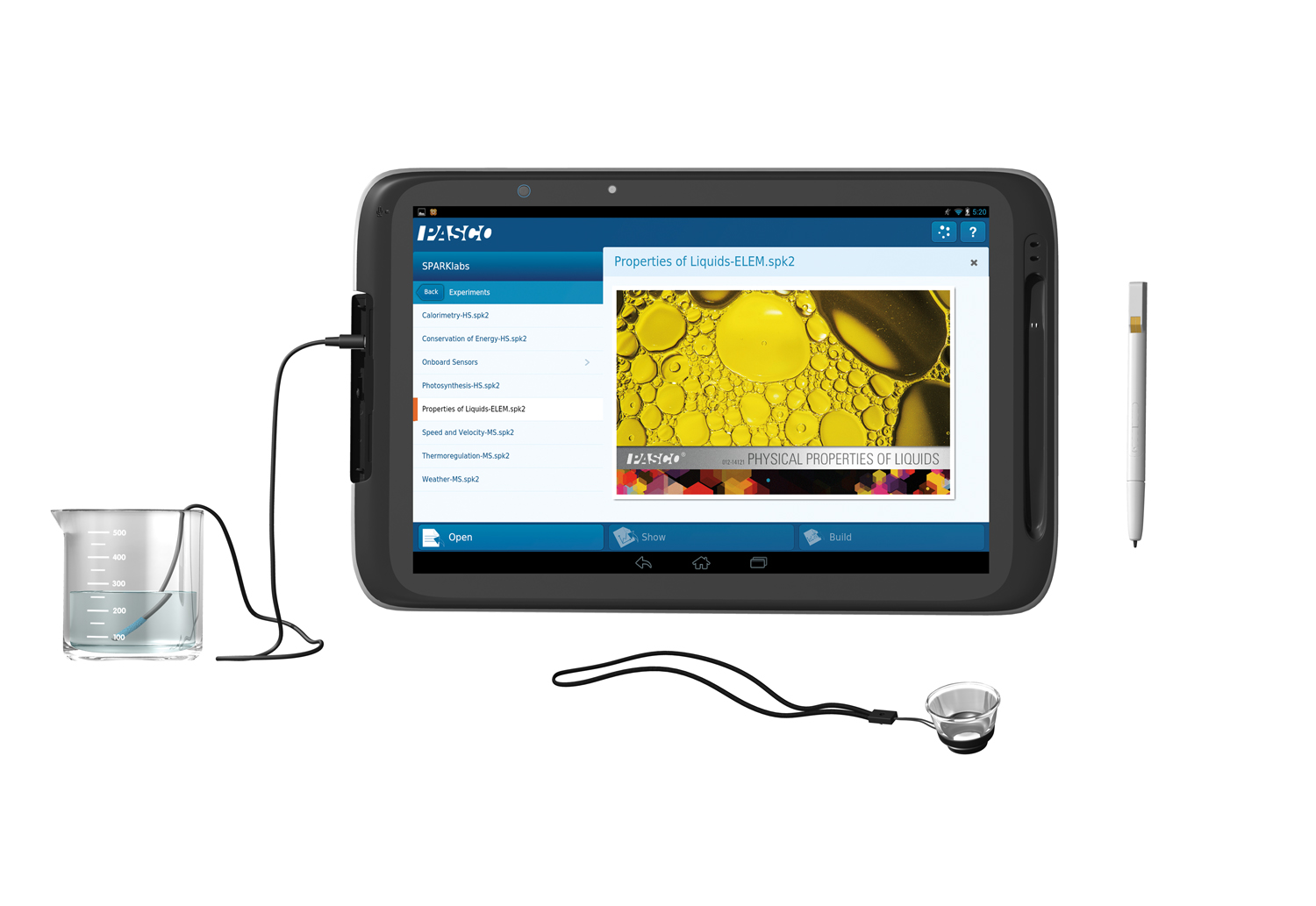
Intel unveils new solutions for education
Intel has used the Bett 2014 educational technology show in London to announce reference designs for the next generation of devices aimed at the education sector.
The Intel Education Tablet and Classmate PC feature student-friendly features along with Intel’s Education Software suite of learning tools.

McAfee name set to disappear in Intel rebranding
Yesterday's speech at CES by Intel CEO Brian Krzanich contained lots of stuff about plans for wearable technology and computers housed in SD card form factors.
But also in there was the announcement of a new Intel Security brand and the news that McAfee products will transition to this over time. Krzanich also says that Intel is planning to offer some elements of McAfee security products free of charge to protect the latest mobile devices.
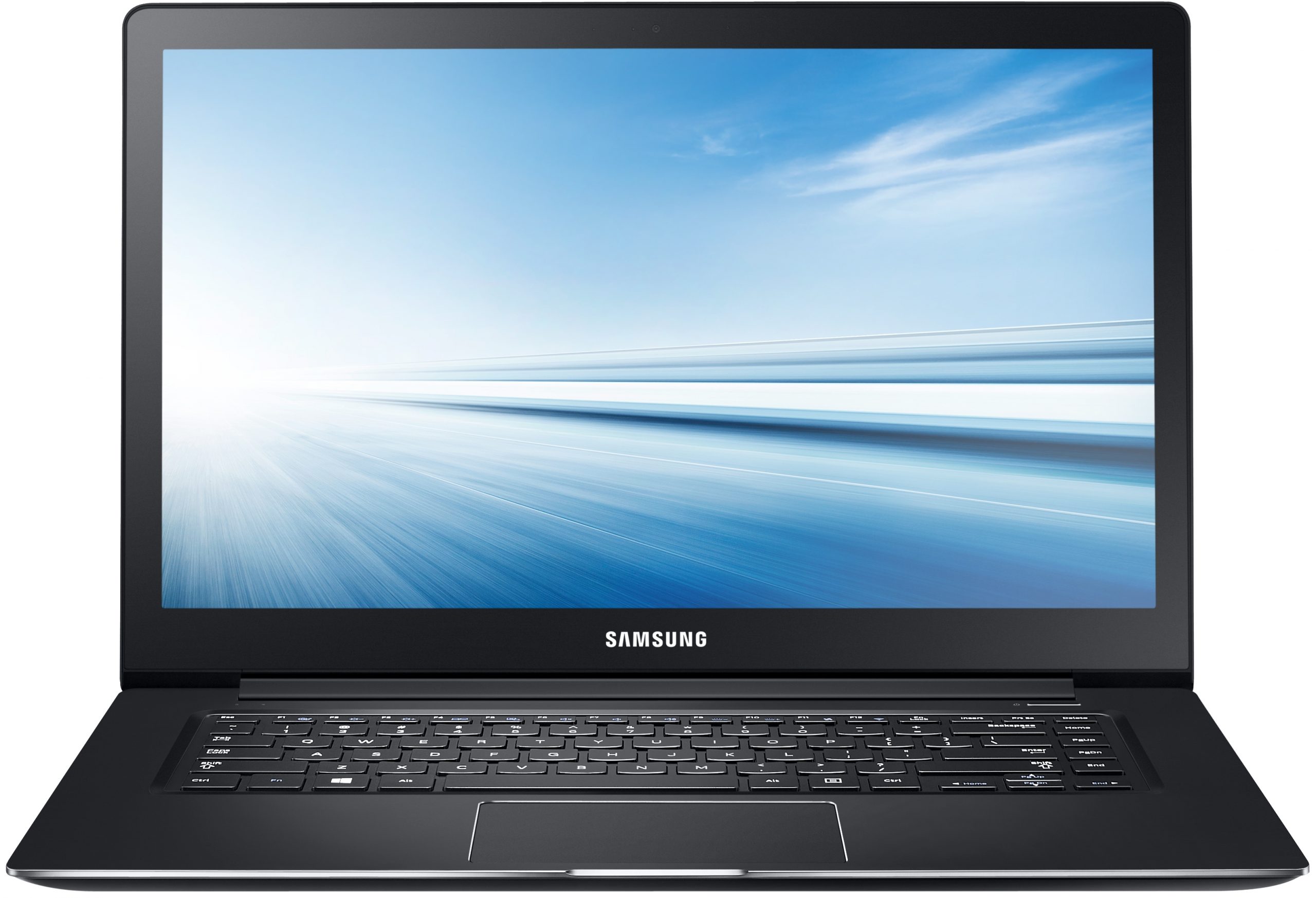
Forget the MacBook Air, Samsung's new ultrabook touts even more battery life
Battery life has long been the Achilles' heel for Windows laptops, as manufacturers have mostly focused on other areas such as outright performance, portability or touchscreens. Consumers who have needed to use their device unplugged for a considerable amount of time have had to attach an external or extended capacity battery, turn to an Apple MacBook (Air) or even switch to a tablet.
Samsung, though, is looking to change the perception that Windows laptops and great battery life do not mix. The South Korean maker's latest ultrabook, the ATIV Book 9 2014 Edition that was just unveiled at CES, touts 14 hours of battery life. If the device can deliver on its promise, it will be a game changer.
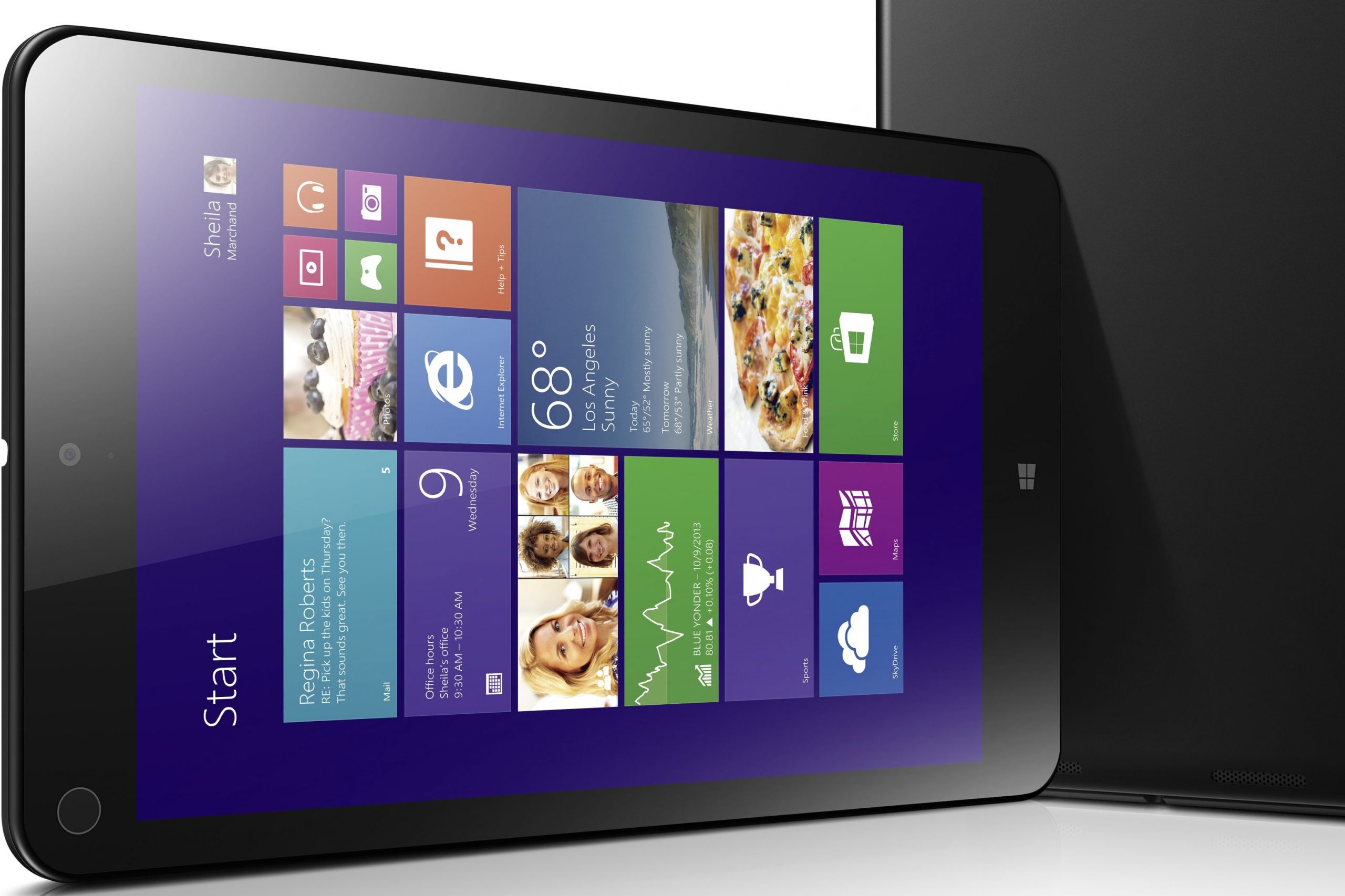
Lenovo announces ThinkPad Tablet 8 -- a Windows 8.1 slate with great specs
Even though CES has yet to officially commence (it starts on January 7), tech companies have already started to announce products that will be showcased at the well-known trade show. One of the latest is Chinese maker Lenovo, which just unveiled its newest Windows 8.1 tablet, the ThinkPad Tablet 8.
Unlike some other 8-inch Windows 8.1 tablets that we have seen so far, the ThinkPad Tablet 8 is the first to actually rival, specs-wise, the latest Android flagship slates and Apple's iPad Mini with Retina display. Heck, it is so intriguing that I might actually buy one (assuming that it will be available, locally).
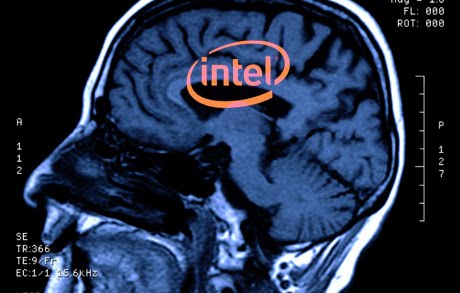
Why Intel wants to be everyone’s chip maker
This is the first in a series of columns on the strategic direction of several major technology companies that have faltered of late. We’ll start here with Intel, follow in a couple days with Cisco, followed by Microsoft, then see where it goes from there.
At Intel’s annual shareholders’ meeting last week the company talked about moving strongly into mobile chips and selling its stillborn OnCue over-the-top video streaming service, but the most important story had to do with expanding Intel’s manufacturing capacity. This latter news is especially important because if you look at the square footage of 14 nanometer fab facilities Intel says it will be bringing online in the next two to three years it appears that the company will shortly have more production capacity than all the rest of the semiconductor industry combined.
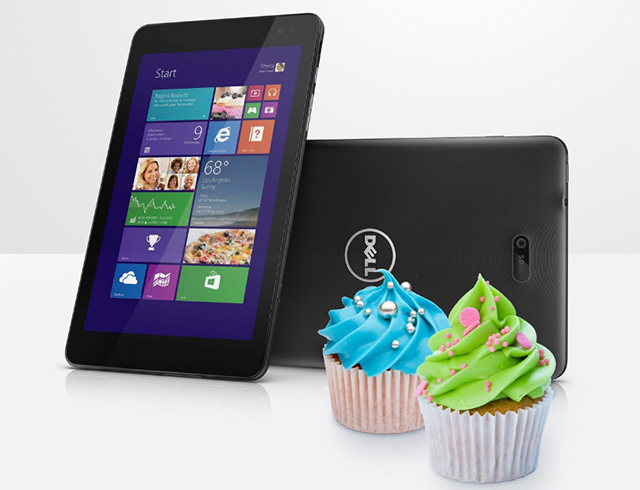
Intel’s holiday buyer’s guide rounds up the best Windows 8.1 devices
If you’re looking for a new tablet, laptop, 2-in-1 device or all-in-one system you might want to take a look at Intel’s new Holiday Buying Guide. The chipmaker has put together a 20-page PDF brochure featuring products from the likes of ASUS, Dell, Lenovo, Sony, HP, and Samsung.
Divided into sections, starting with 2-in-1 Devices, the guide tells you a bit about that particular type of system, and then presents a selection of shiny new hardware vying for your attention (and hard earned cash) this holiday season.
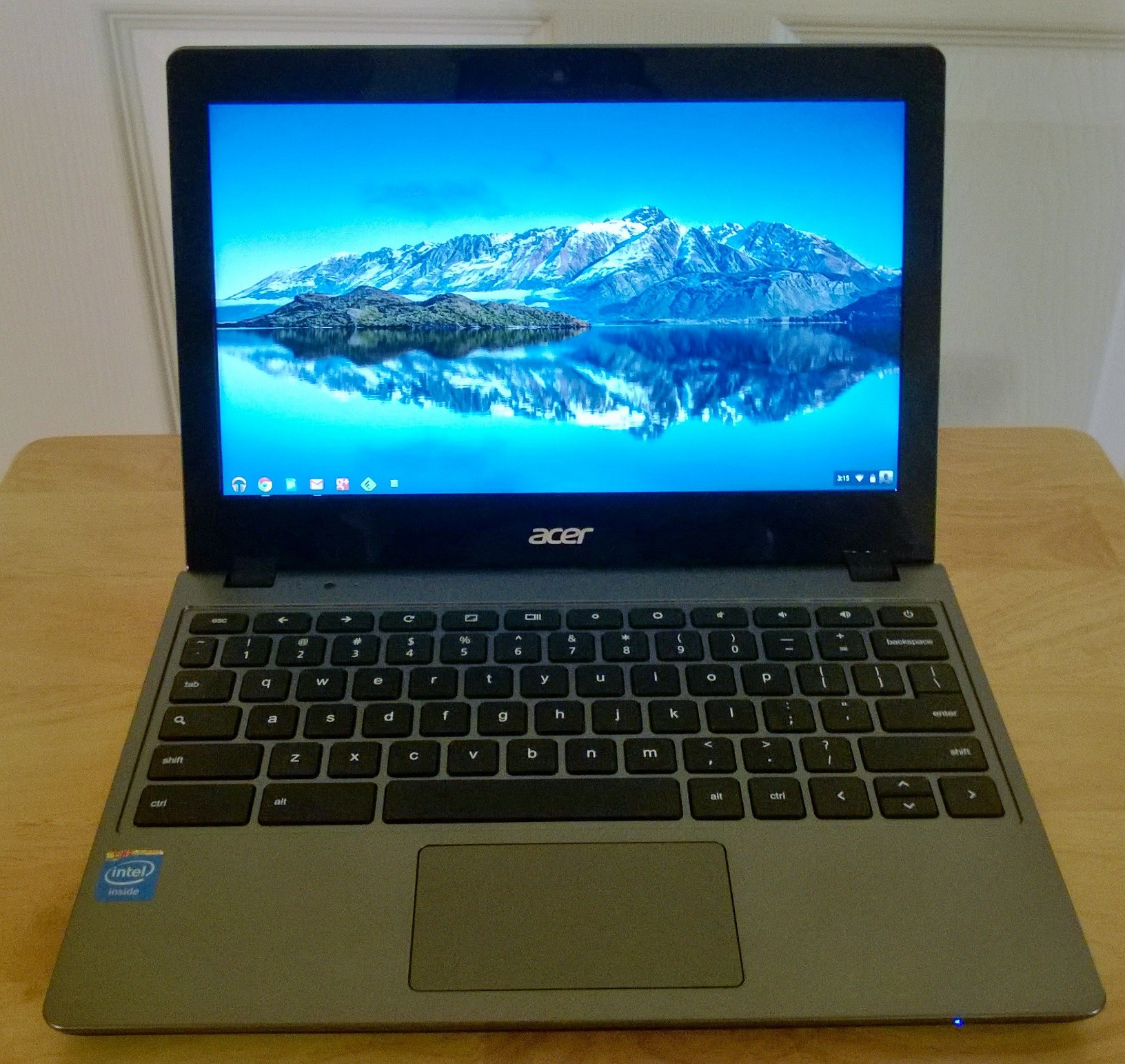
Acer C720 Chromebook -- best bang for your buck [Review]
My relationship with Chromebook and Chrome OS has been rocky. When Google first announced the concept, I was highly dubious. After all, I had done all of my computing on Windows and Linux -- locally installed apps were all I knew. Ultimately, curiosity got the best of me and I bought the Samsung ARM Chromebook. The simplicity of the platform melted my heart and I became an enthusiast.
Sadly, I outgrew the Samsung model due to its poor performance -- it is slow on certain websites, like Google+. I decided to postpone the upgrade until the Haswell models would arrive. However, in the midst of the Haswell-Chromebook revolution, HP and Google threw a curve-ball and released the wonderful Chromebook 11, that has an ARM processor, which took an Apple approach to laptop design.
Acer unveils Aspire M5 with Haswell, makes it Best Buy exclusive
Haswell is the latest catch-phrase in Intel processor architecture, designed as a successor to Ivy Bridge. A low power processor that is made with today's Ultrabooks in mind, the chip debuted early last month and is finding its way into today's hardware. Now Acer announces it will be powering the latest Aspire notebook.
The Aspire M5 (technically the Aspire M5-583P-6428) will be a Best Buy exclusive and packs a Core i5 processor, Intel Wireless Display technology (WiDi), four speakers, 15.6-inch display and multi-touch.

Microsoft Surface Pro gets even stiffer competition from new 11.6-inch Apple MacBook Air -- which one would you buy?
To the untrained eye, this comparison appears to be moot. After all, the Surface Pro is a tablet and the 11.6-inch MacBook Air is, indeed, an ultrabook. Traditionally, the two types of devices rarely have anything in common. Tablets offer touchscreens, portability and great battery life while ultrabooks usually fail to deliver the same level of versatility. So how can one pit the Surface Pro against the smaller MacBook Air?
As my colleague Joe Wilcox explained almost seven months ago, the two devices actually have a great deal in common. The Microsoft-branded tablet kicks off at $899, can be coupled with a dedicated keyboard, has expansion ports, runs a fully-fledged operating system and, to its disadvantage, delivers pretty appalling battery life. The Apple-branded ultrabook packs similar hardware specifications, starts at $999 but offers a built-in keyboard from the get-go. And, in the meantime, the fruit company upgraded its device to Intel "Haswell" Core processors which provide a tremendous bump in battery life. Now, more than ever, choosing between the two is a very tough call.
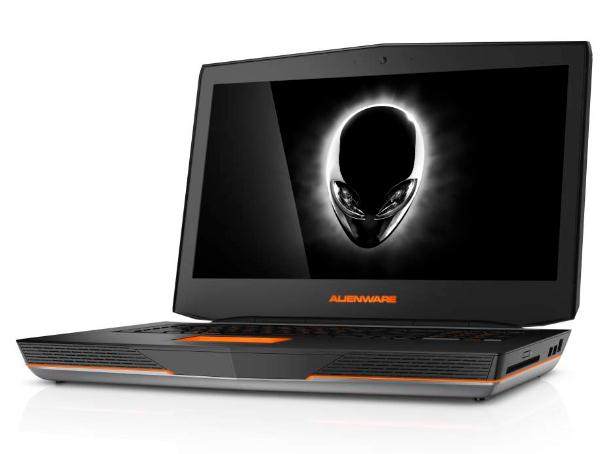
Alien invasion! Alienware unveils three powerful new gaming laptops
On Tuesday, Dell subsidiary Alienware announced three new gaming laptops featuring 14-inch, 17-inch and 18-inch displays, boldly touted by the US company as "the most powerful [...] in the universe". Each device offers upgraded quad-core Intel "Haswell" Core processors, new video cards and a different design theme compared to its predecessor.
The Alienware 14 is the smallest and the most portable of the three. The laptop packs a 14-inch screen and is offered with fourth-generation Intel Core i7 processors, Nvidia GeForce 700 series video cards, DDR3L RAM memory and up to three storage drives. The most interesting feature, however, is the optional 14-inch matte IPS display with a resolution of 1920 by 1080, which should translate into great viewing angles and comfortable outdoor use.
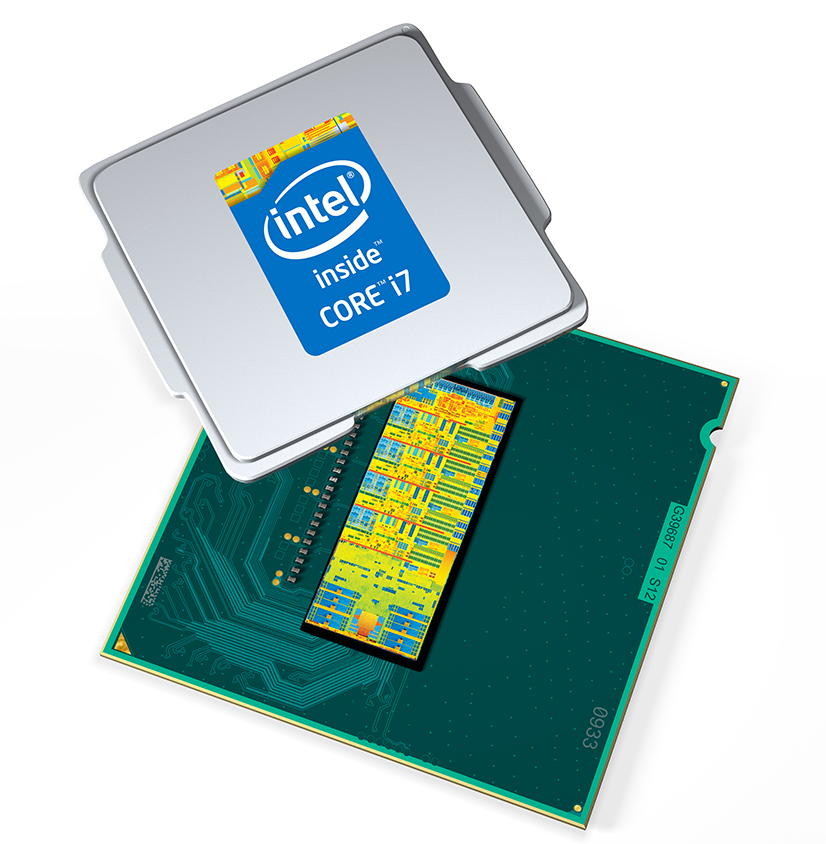
Faster, cooler, longer -- Intel launches its new Haswell chip
Into a PC processor market that’s declining thanks to competition from tablets and smartphones, Intel has launched its new Haswell chip. Announced at Computex in Taiwan, the fourth generation of Intel's Core series of processors, the Haswell will allow laptops and laptop/tablet hybrids to become thinner and run for longer between battery charges.
Intel says that the low power usage of the new chip -- as low as 6 watts -- will allow it to be used in fanless designs. Contrast this with the previous generation Ivy Bridge chip which needs two fans to keep the Microsoft Surface Pro cool.
